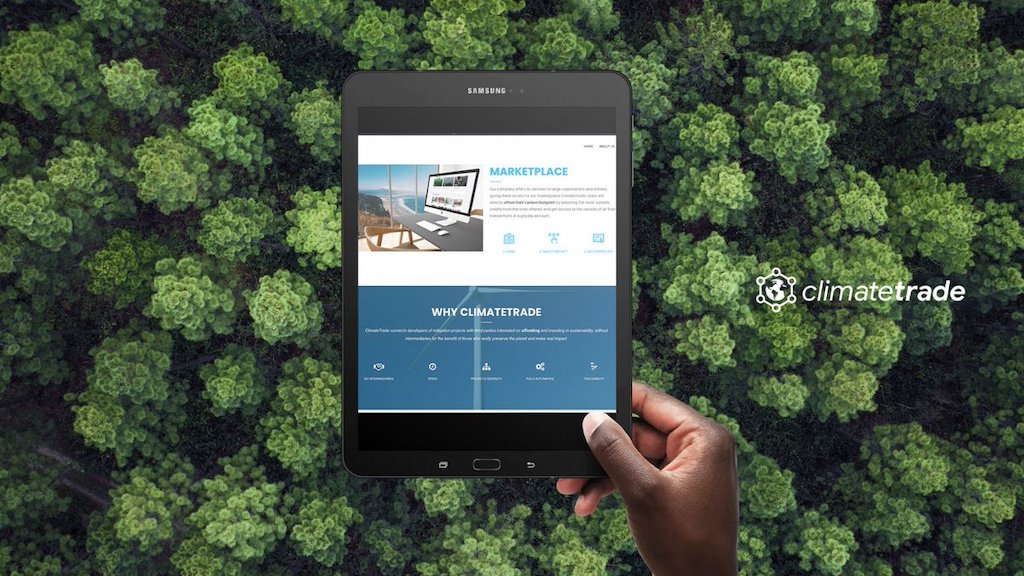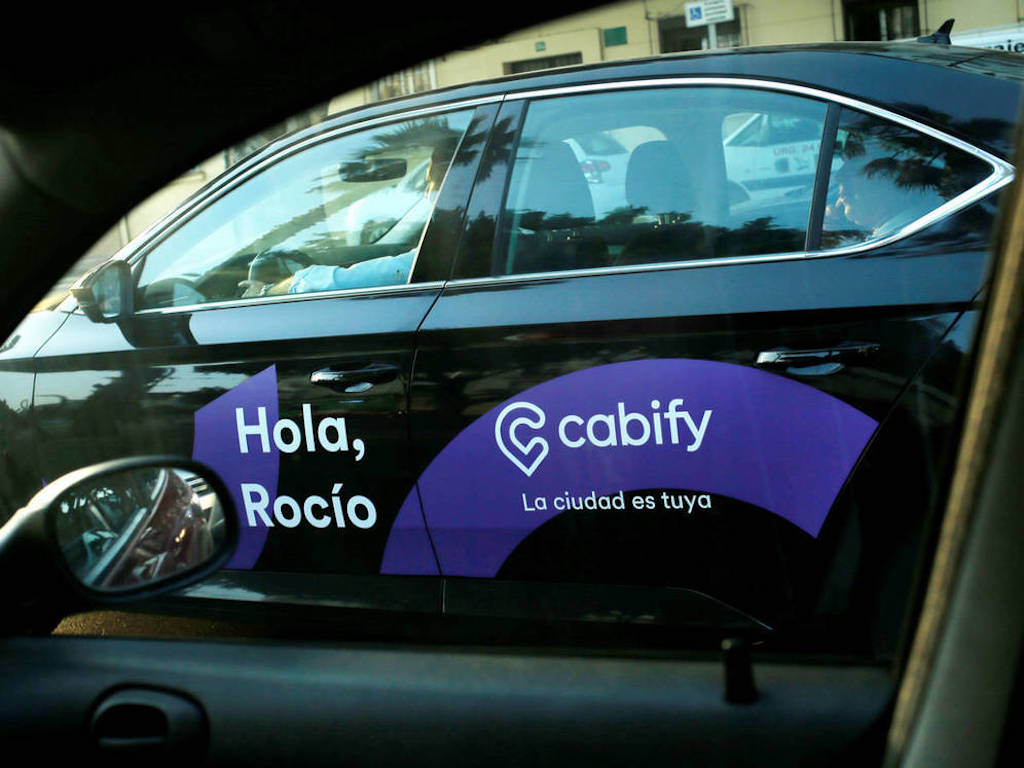4 Mins Read
Latam ridesharing tech firm Cabify has ramped up its climate commitments, this time introducing a new blockchain-powered carbon offsetting solution to its app to ensure full traceability on its carbon-neutral pledge. Users will now be able to track their carbon footprint generated by their rides in real-time as well as the environmental projects that Cabify is supporting in order to offset their emissions.
Multi-mobility startup Cabify, which operates its ridesharing platform throughout Latin America and Spain, has partnered with Valencia-based fintech firm ClimateTrade to introduce a digitised and traceable solution for carbon footprint and offset tracking. ClimateTrade’s blockchain marketplace enables a system where riders and companies using Cabify’s app will now be able to track the carbon emissions from every one of their rides, and the steps that the ridesharing firm is taking to offset them in accordance with its net-zero pledge.
By leveraging blockchain technology, ClimateTrade is able to ensure traceability, security and transparency in every transaction, which guarantees that the funds that Cabify is investing in their offsetting projects are actually reaching the source. Among some of the projects that Cabify will contribute towards includes anti-deforestation in the Peruvian Amazon, waste management and renewable energies in Brazil and promoting forest biomass in Chile – all of which are vetted initiatives under international certification bodies such as the Verified Carbon Standard and Gold Standard.

These complex times that countries, cities, and communities are experiencing do not slow us down. On the contrary, they push us more than ever to move decisively towards sustainable urban mobility models.
Juan de Antonio, Co-Founder & CEO, Cabify
Commenting on their latest sustainability campaign launched amid the coronavirus pandemic, Cabify co-founder and CEO Juan de Antonio said: “These complex times that countries, cities, and communities are experiencing do not slow us down. On the contrary, they push us more than ever to move decisively towards sustainable urban mobility models.”
“We maintain our progress and commitment to fleet electrification while we ensure making, though the right projects, a positive impact that goes beyond the carbon neutrality we reached three years ago, and also tackles enhancing socio-economic development of the communities we are part of,” Antonio added.
According to the firm, it has since its initial net-zero pledge in 2018 already offsetted more than 310,000 tonnes of carbon dioxide emissions by supporting environmental projection projects – the equivalent to eliminating the emissions from 280 car rides starting from Argentina’s capital Buenos Aires to São Paulo in Brazil. However, until now, there hasn’t been a transparent mechanism to demonstrate to users how the footprint of every ride is offsetted.

“This alliance will provide transparent accreditation of the company’s carbon neutrality, generating a unique tandem in the international context to improve global health,” explained Francisco Benedito, CEO of ClimateTrade.
The announcement comes on the heels of Cabify’s pledge to join the Leaders for Climate Action (LFCA), a Berlin-based nonprofit that advocates climate action in the digital industry, along with a number of other tech firms and apps across Europe such as Delivery Hero and Ecosia. As a part of LFCA initiative, Cabify is subject to keeping up with a “Green Pledge”, which dictates regular measurement, reduction and offsetting of their carbon emissions.
This alliance will provide transparent accreditation of the company’s carbon neutrality, generating a unique tandem in the international context to improve global health.
Francisco Benedito, CEO, ClimateTrade
Other measures that the Madrid-based ridesharing platform says it will undertake to reduce its environmental impact includes electrifying its entire fleet in Spain by 2025, and to expand this goal to cover its entire Latin America operations by 2030 – no doubt to retain its share of the increasingly conscious consumer market dominated by millennials and Gen Zs who are attracted to purpose-led brands, from fashion to food and transportation.
Even some of the most polluting firms have made pledges in recent months amidst growing pressure to take climate affection, with the likes of Chevron and Volkswagen agreeing to reach net-zero emissions no later than 2050 while oil giants such as BP and Shell committing to a new framework to monitor, report and reduce their methane emissions.
Lead image courtesy of Cabify.




